Social Determinants of HealthPage Navigation
|
||||||||||||||||||
Social Determinants of Health (SDoH) - Whole Child, Whole Family, Whole Community |
|||
Screen |
Engage |
Connect |
Advocate |
General Resources
View this Assessment to Action resource guide from Collaborative for Advancing Health Equity in Out-of-School Time
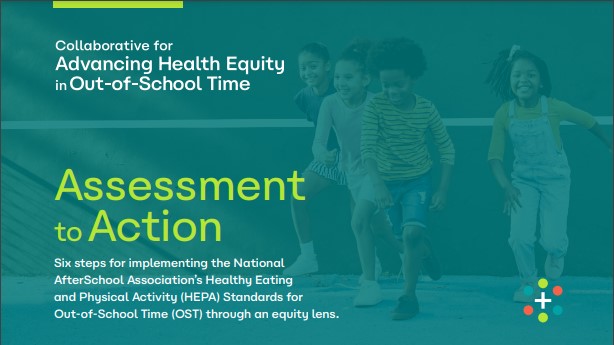
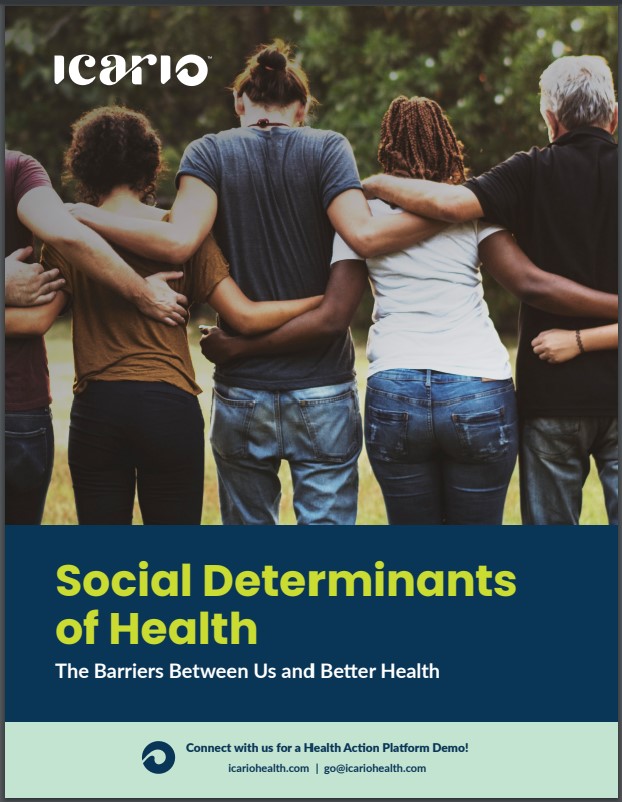
Addressing the Social Determinants of Health (SDoH) has become a major focus for youth-serving programs in recent years. Research shows that youth who experience positive, supportive environments with access to essential resources can experience improved overall health and well-being. This ebook resource explores various elements that frontline staff need in their toolkit to address the Social Determinants of Health. Each topic is presented in a variety of formats to suit various schedules and learning styles.
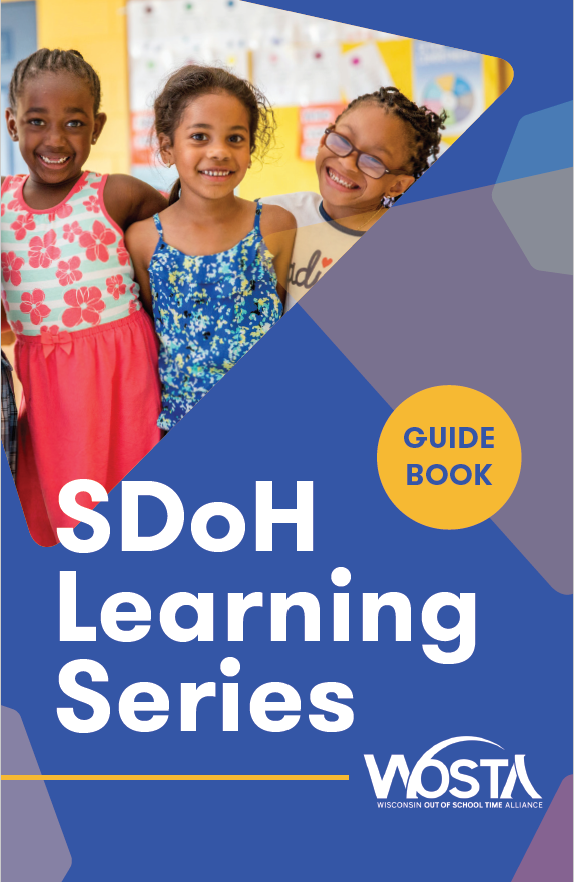
2024-25 Social Determinants of Health Learning Series
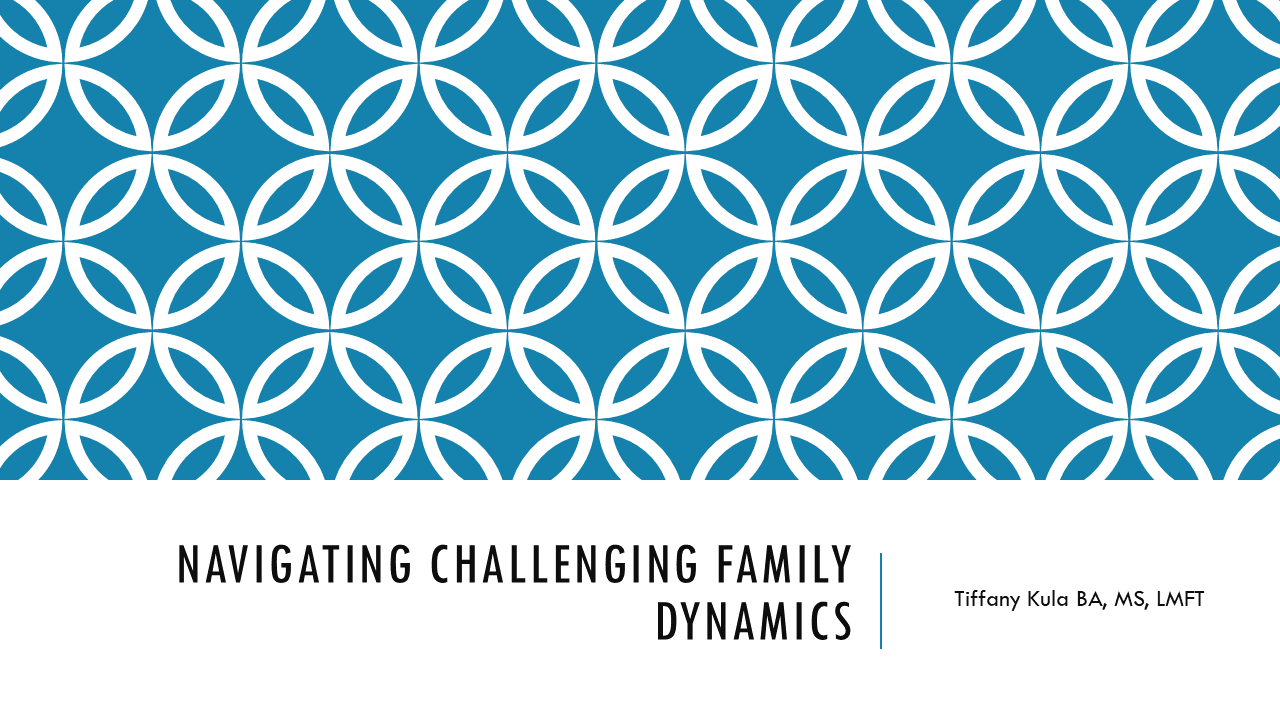 |
Navigating Challenging Family Dynamics Navigating challenging family dynamics can feel like assembling an intricate puzzle. When after-school providers are added to the picture, it can introduce another layer of complexity—while also offering opportunities for greater connection and support. This webinar explores how program staff can create a safe and consistent space for youth outside the family, while also working to harmonize their relationships with families and caregivers. Whether it’s setting consistent routines and expectations within the program, rethinking how to reach and engage hard-to-reach families, or offering strategies to families and caregivers that foster effective communication and establish routines at home to reinforce familial bonds, program staff have a crucial role to play. Join us as we explore how to build a supportive environment that fosters growth and understanding for everyone involved. Access the webinar recording and presentation slides. Additional resources to consider:
|
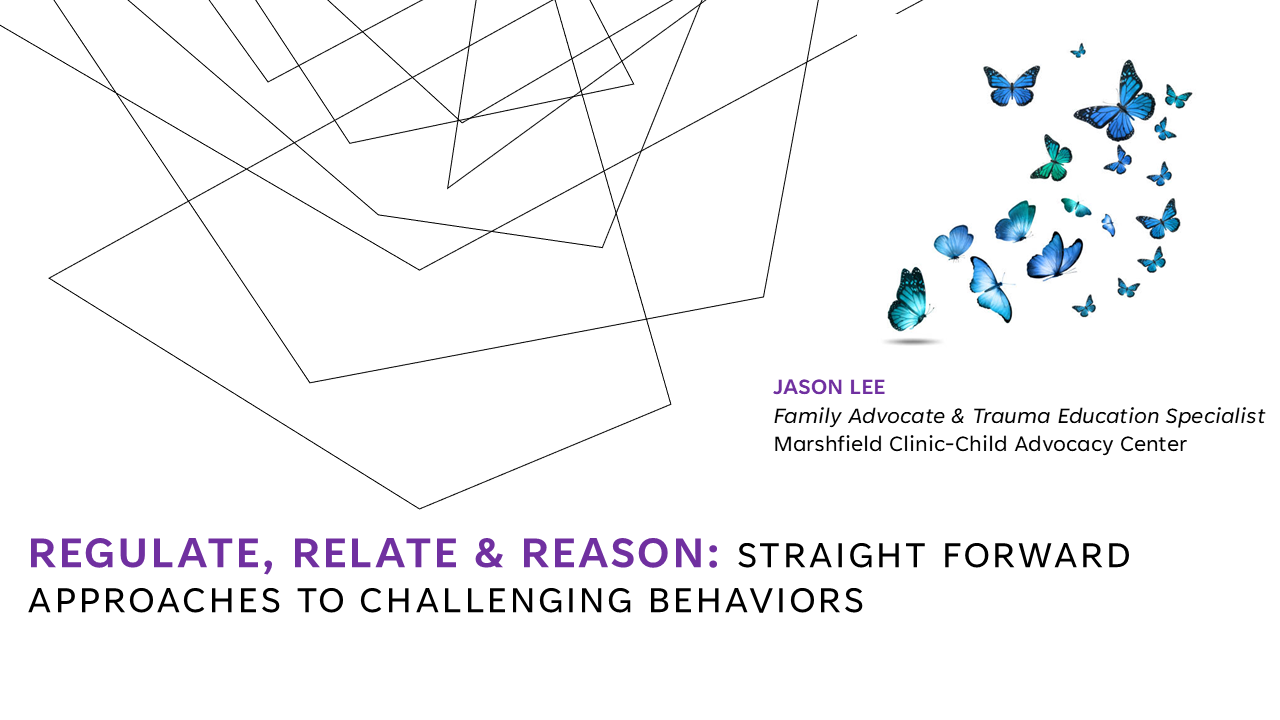 |
Regulate, Relate & Reason: Straightforward Approaches to Challenging Behaviors Many children experience stressful life events of varying degrees that can affect not only their health and wellbeing but also their trust in adults. Adverse Childhood Experiences (ACEs), trauma histories or toxic stress can dramatically alter the brain chemistry of a child. The child with a history of trauma, loss or abuse has no hope of healing without a nurturing relationship. This discussion will focus on utilizing Trust-Based Relational Intervention (TBRI) principles and techniques which can benefit children who are in varying degrees of personal disorder. Addressing not only the challenging behavior(s) of a dysregulated child in a trauma informed, compassionate approach, but also with a focus on strengthening as opposed to dismantling the relationship and trust between child and adult. Access the webinar recording and presentation slides. Additional resources to consider:
|
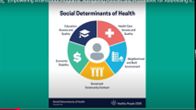 |
Empowering Afterschool Programs: Navigating Policies and Procedures for Addressing SDoH This online webinar will explore policies and procedures surrounding social determinants of health (SDoH), with a particular focus on needs assessments for families and children. Participants will gain a comprehensive understanding of SDoH, learn how to recognize and assess these determinants, and explore strategies to reduce socioeconomic barriers. The session will also introduce key frameworks and tools used in needs assessments, providing practical insights and real-world examples to illustrate successful interventions. Access the webinar recording and presentation slides. |
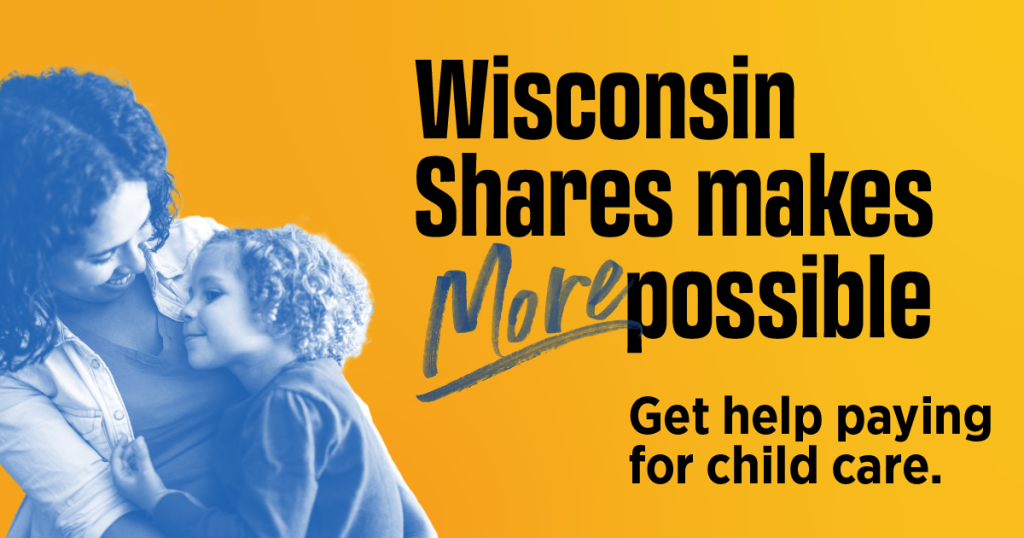 |
Unlocking Opportunities: Understanding the Wisconsin Shares Child Care Subsidy Program This informative webinar on the Wisconsin Shares Child Care Subsidy Program, designed to help eligible working families access affordable, quality childcare. This session will provide a detailed overview of the program, including eligibility criteria, application process, and benefits. Whether you're a parent, caregiver, or childcare provider, this webinar will equip you with the knowledge to navigate and maximize the opportunities offered by Wisconsin Shares. Access the webinar recording. For more information on Wisconsin Shares visit the DCF Wisconsin Shares Child Care Subsidy website or visit the Wisconsin Shares Provider Resource webpage. |
 |
Addressing Food Insecurity Resources Podcasts Episodes:
Blog Entries:
|
Screen
View this tool to help you complete a Needs Assessment for your program
Engage
View this Individual Participant Plan to help you tailor your programming
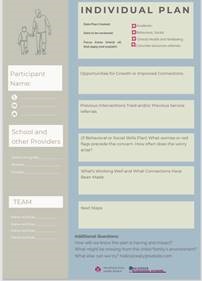
Connect
211 is a statewide resource to connect families to needed supports or access findhelp to locate free and reduced-cost resources in your community

Access this fillable referral form to track resources available in your community
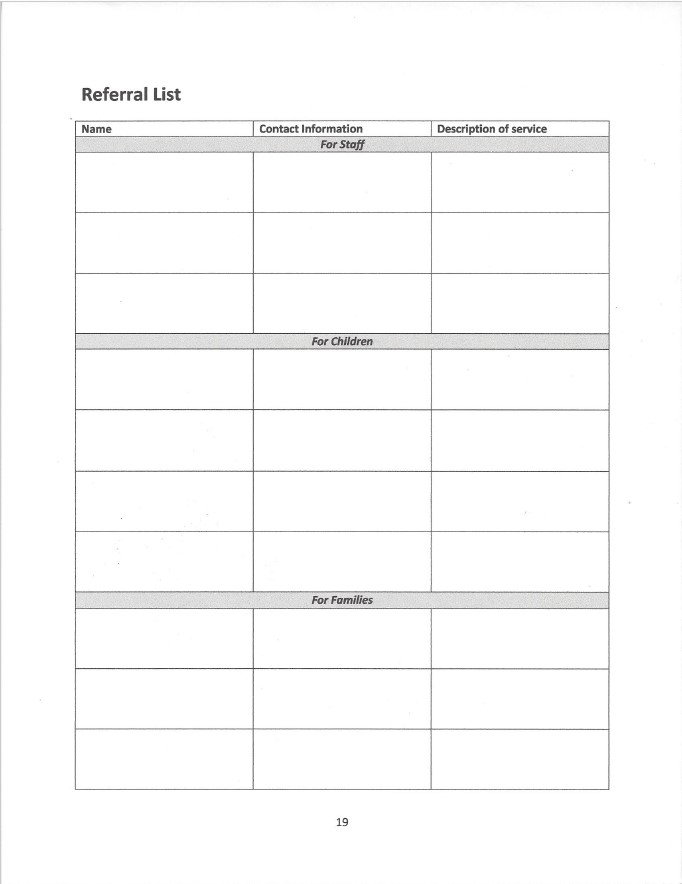
View this resource for ideas to address Transportation Barriers in your program.

View this resource to learn about Starting a Back Pack Program to address food insecurity.
View this document to identify available Housing Resources
Advocate
Read this brief from the Afterschool Alliance how afterschool programs foster protective factors for youth and this brief on Afterschool Supporting Wellbeing and Healthy Development.
Watch this video sample of an elevator pitch and use these tips to help you create your own to share with members of your community